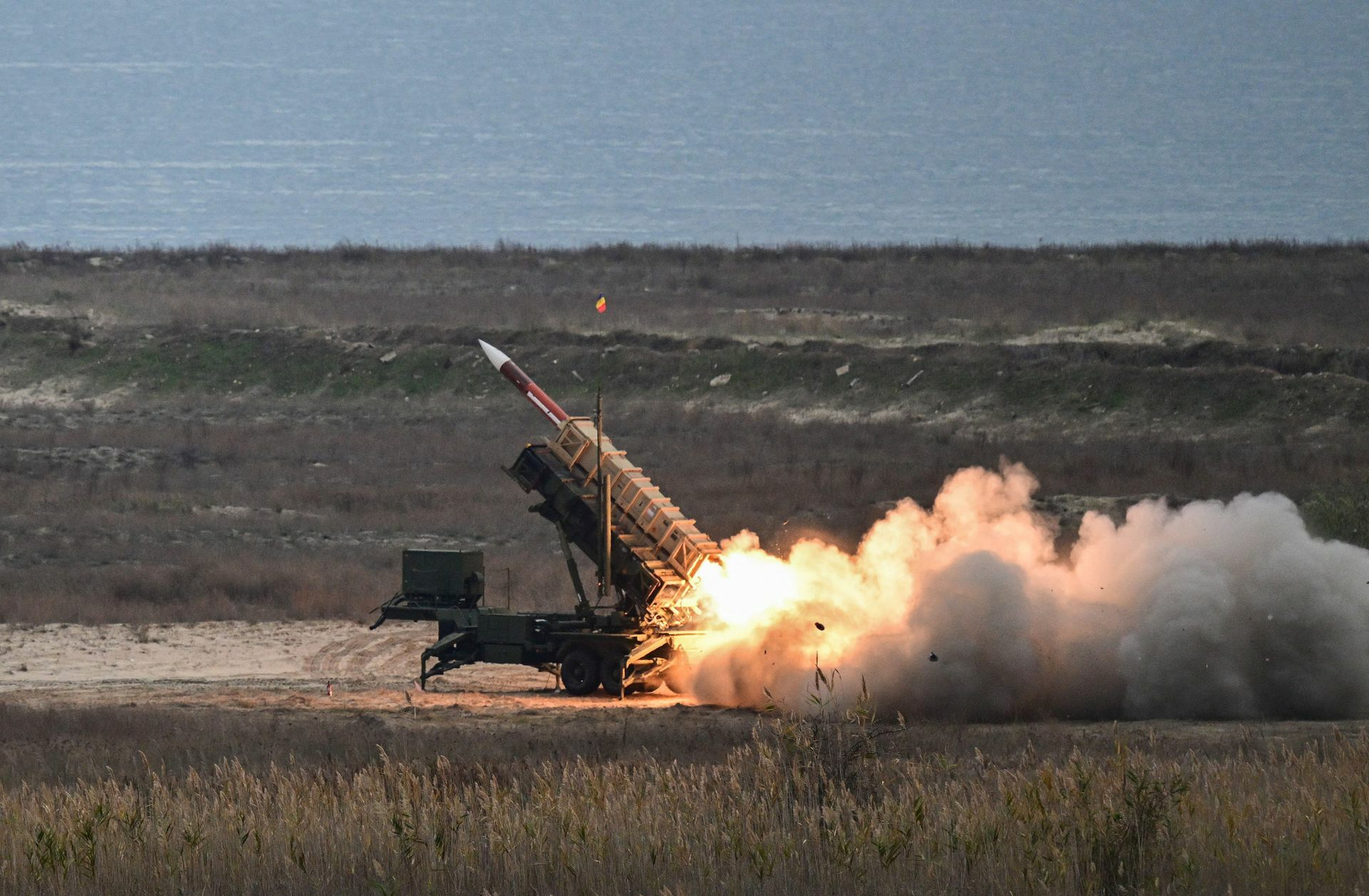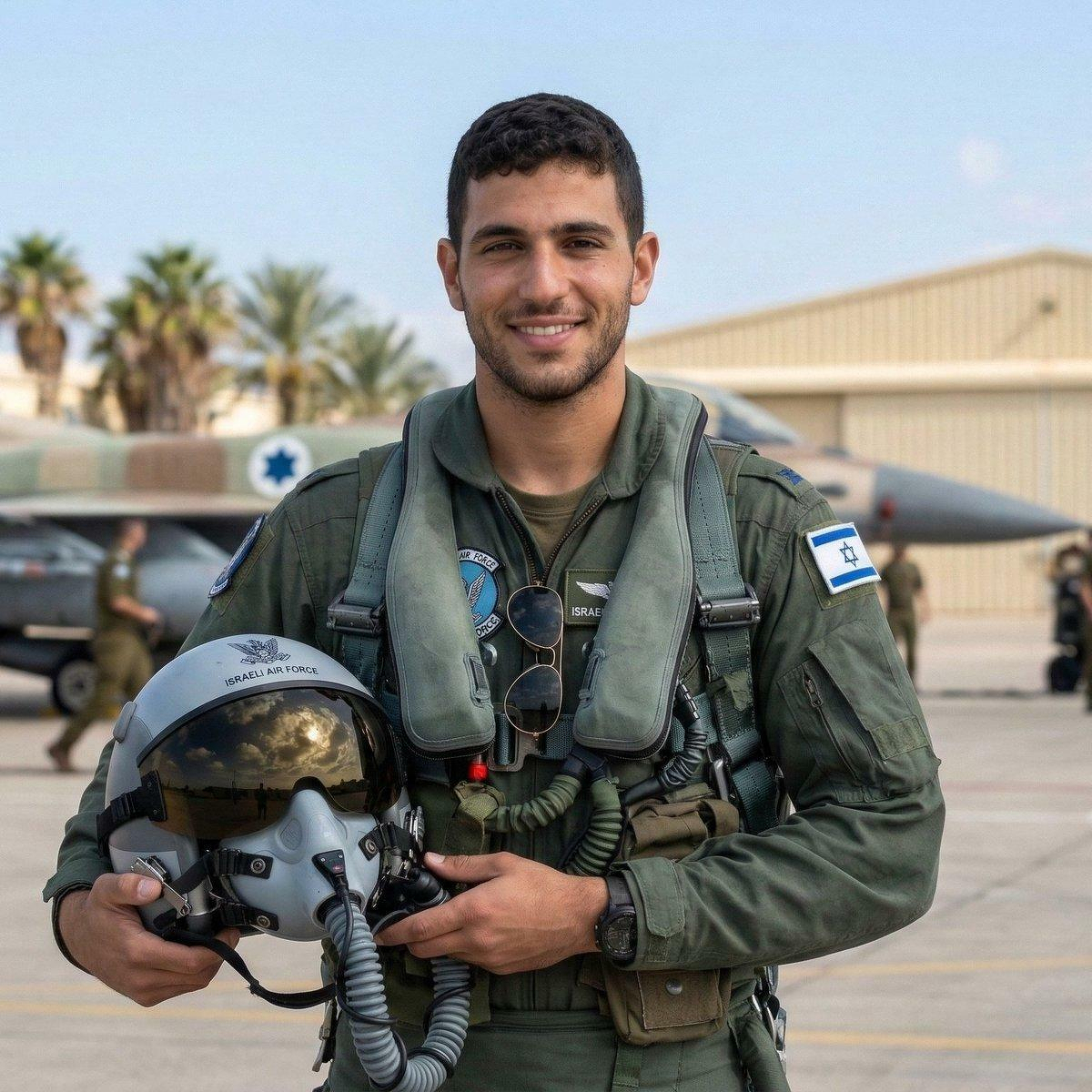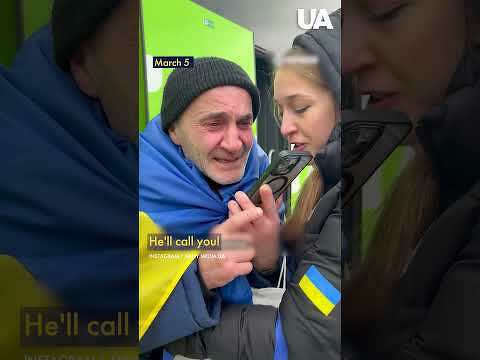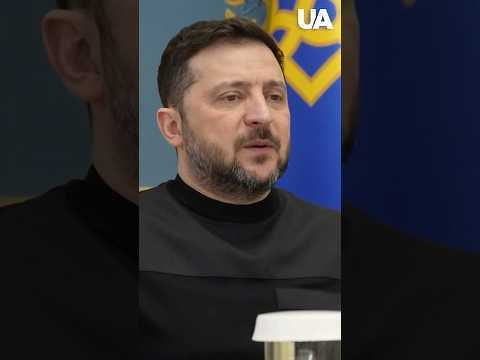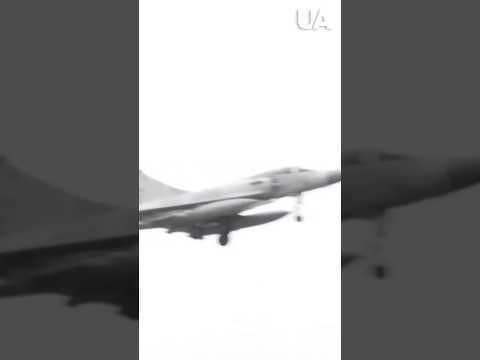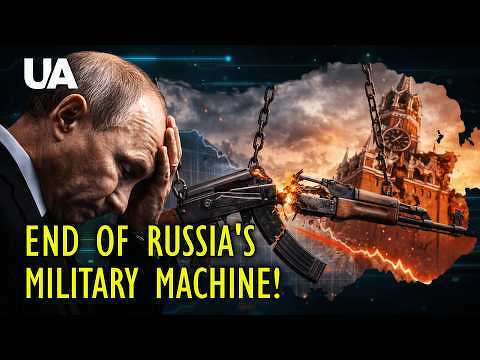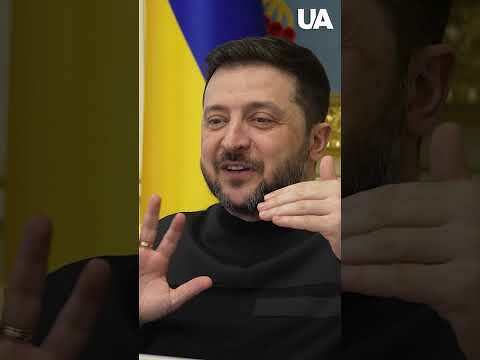Does a video show a real fire on board a U.S. destroyer or aircraft carrier? No, that's not true: An online AI image detection tool rated the image as 100% likely to be AI-generated. A separate analysis found it has several hallmarks of AI-generated …
Reading

Spies, Lies, and Algorithms
Amy B. Zegart
Photos
Fact Check: Video Does NOT Show A Real Fire On Board U.S. Destroyer Or Aircraft Carrier
Ukraine
Russia
Putin’s new decree restates Russia’s 2.4 million army cap, Ukraine says
According to a Kremlin decree, the authorized strength of Russia’s Armed Forces now stands at 2,391,770 people, including 1,502,640 service members. But officials in Ukraine say Putin didn’t actually increase anything.
Officially, Russian media on …
Ukraine
Photos
Is Ukraine saving America from "Shaheds"? Pentagon admits helplessness against Iranian drones
Ukraine
Photos
'Tinder for the labor market' — How Ukraine is trying to fix a critical shortage

Since Dmytro Volynets studied mechanical engineering at university over a decade ago, he's worked in retail, call centers, and on a warehouse floor.
Unable to join the army due to a spine injury, the 35-year-old has struggled to find a coherent career …
Ukraine
Russia
Photos
Ukraine war latest: 200 Ukrainian POWs return home in latest exchange, Zelensky says

Ukraine has brought home 200 soldiers held in Russian captivity in the latest prisoners of war (POW) exchange on March 5, President Volodymyr Zelensky announced.
The Russian Defense Ministry confirmed releasing 200 Ukrainian POWs in exchange for the …
Photos
Fact Check: Video Does NOT Show U.S. Destroyer 'Attacked By Iranian Missiles' Near Cyprus -- It's 2017 Damage From Ship Collision Near Japan
Does a video show an American destroyer that was damaged by Iranian missiles in Cypriot territory in the Mediterranean? No, that's not true: This footage is from 2017 and the damage pictured is not from a missile attack. The video clip shows the USS …
Ukraine
Photos
Ukraine exports electricity for first time since last year

Ukraine
Russia
German intelligence says Kremlin is hiding the scale of Russia’s economic crisis, with the real 2025 deficit far higher than reported
Germany’s Federal Intelligence Service (BND) says Russian authorities are concealing the real scale of the country’s economic problems. According to the BND, Russia’s actual 2025 budget deficit was far higher than official figures.
While the Kremlin …
Russia
Photos
Kremlin's spring offensive canceled? AFU burns S-400, EW systems, and Russian occupiers
Ukraine
Photos
Ukraine to provide US with 'necessary resources' to counter Iranian drones, Zelensky says

Ukraine
Russia
Photos
Russia's transfer of 2 Ukrainian POWs to Hungary a 'provocation,' Ukraine says
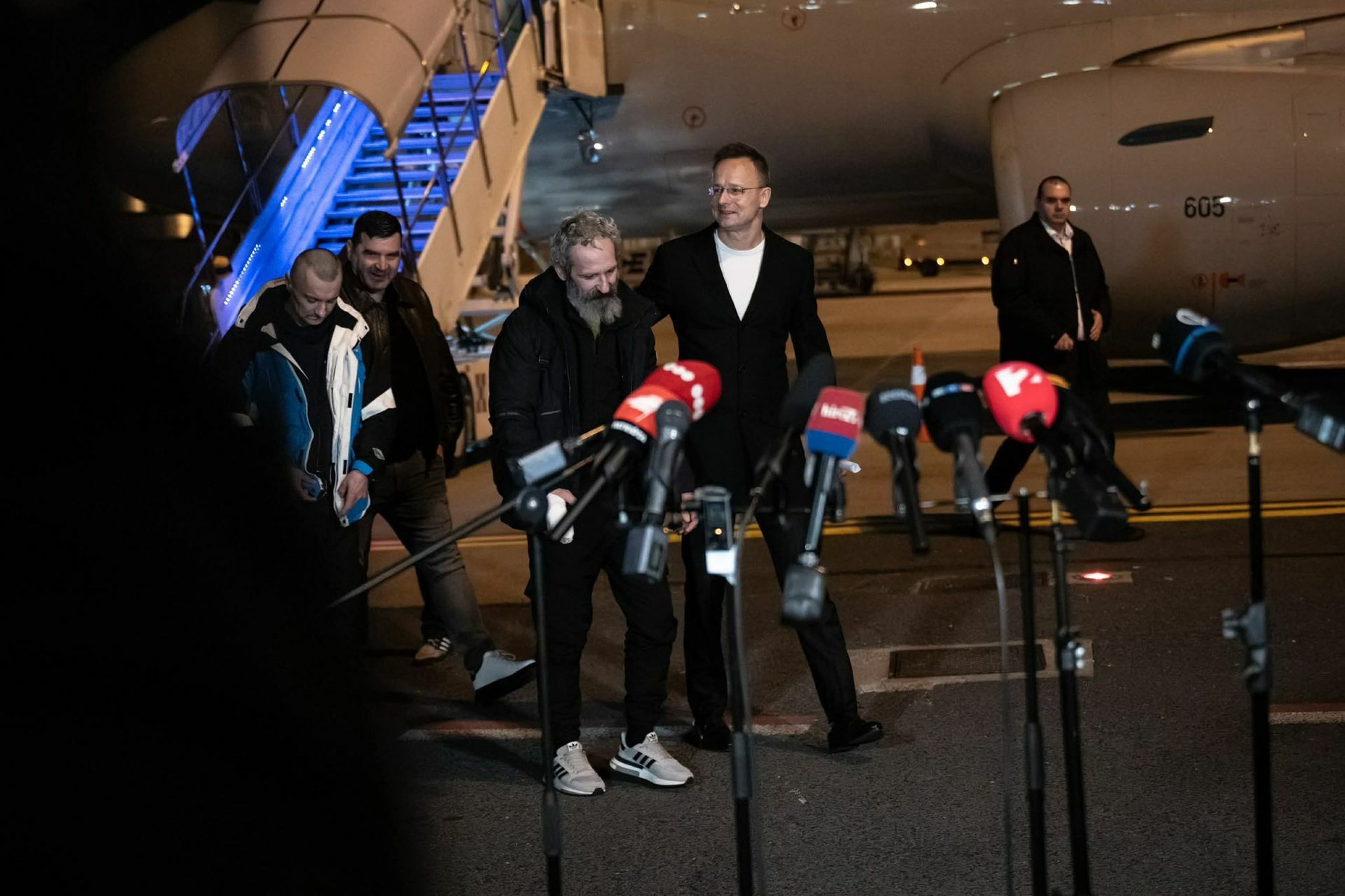
Photos
Fact Check: Photo Does NOT Show Real Israeli Pilot Named 'Halach Boome' Who Took Out Ayatollah Khamenei
Does a photo show "Halach Boome," a real pilot from the Israeli Air Force who took out Iran's Supreme Leader Ayatollah Ali Khamenei? No, that's not true: An online detection tool rated the image as 100% likely to be AI-generated, and it contains a …
Ukraine
USA
Alaska presses Trump to extend humanitarian protections for Ukrainian refugees amid labor shortage
More than 100 of the roughly 1,000 Ukrainian refugees living in Alaska have left the state after President Donald Trump paused a temporary stay program last year.
In January, Alaska’s Republican congressional delegation urged an extension of status …
Ukraine
Russia
Photos
No shortcuts for Ukraine's EU accession, Dutch FM says. Reforms key to progress
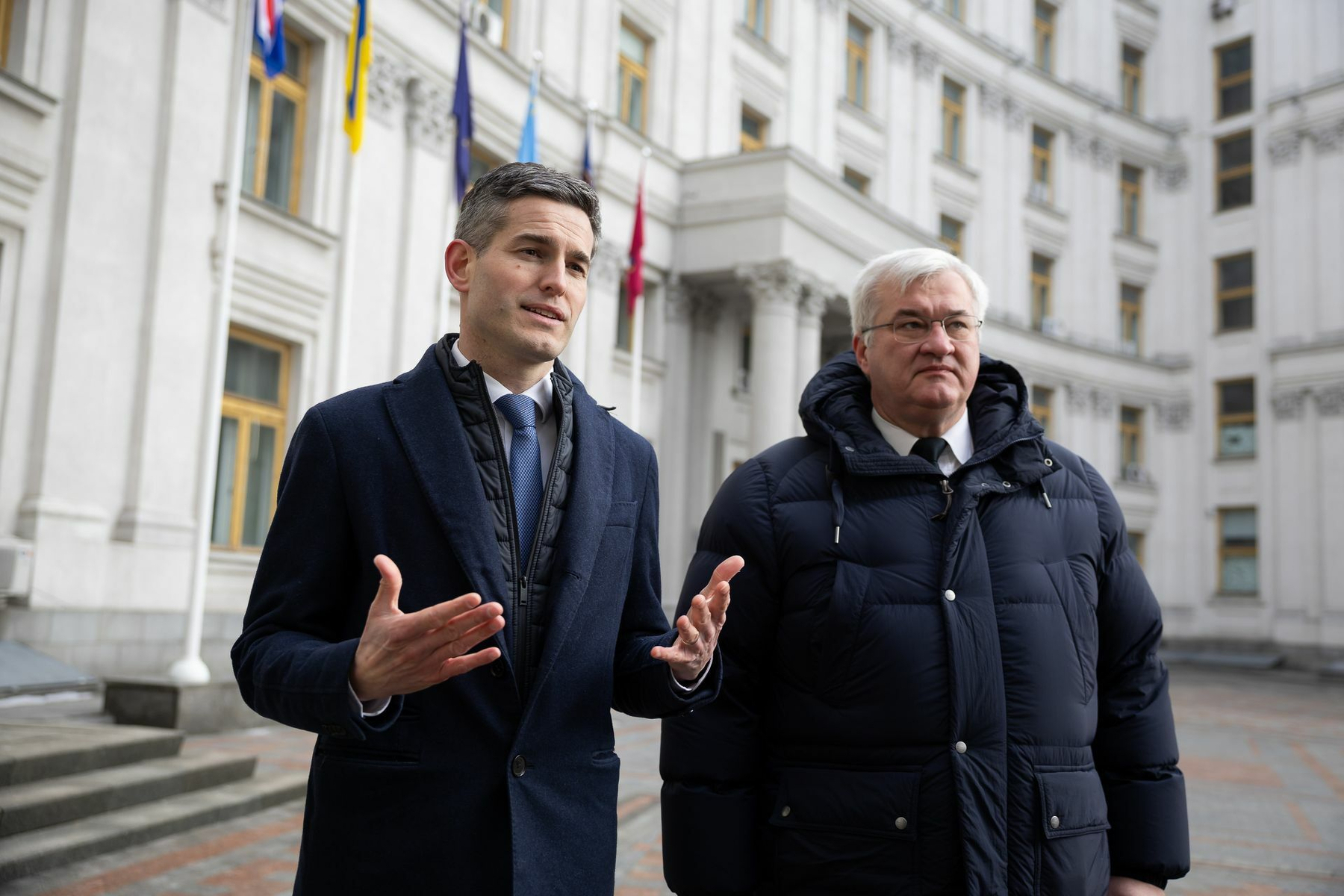
Two points remain high on Ukraine's agenda: surviving the Russian onslaught and joining the European Union.
President Volodymyr Zelensky believes the two should be tied together, with his office proposing to engrave a set date for Ukraine's EU …
Photos
London court rejects extradition request for former Zelensky ally
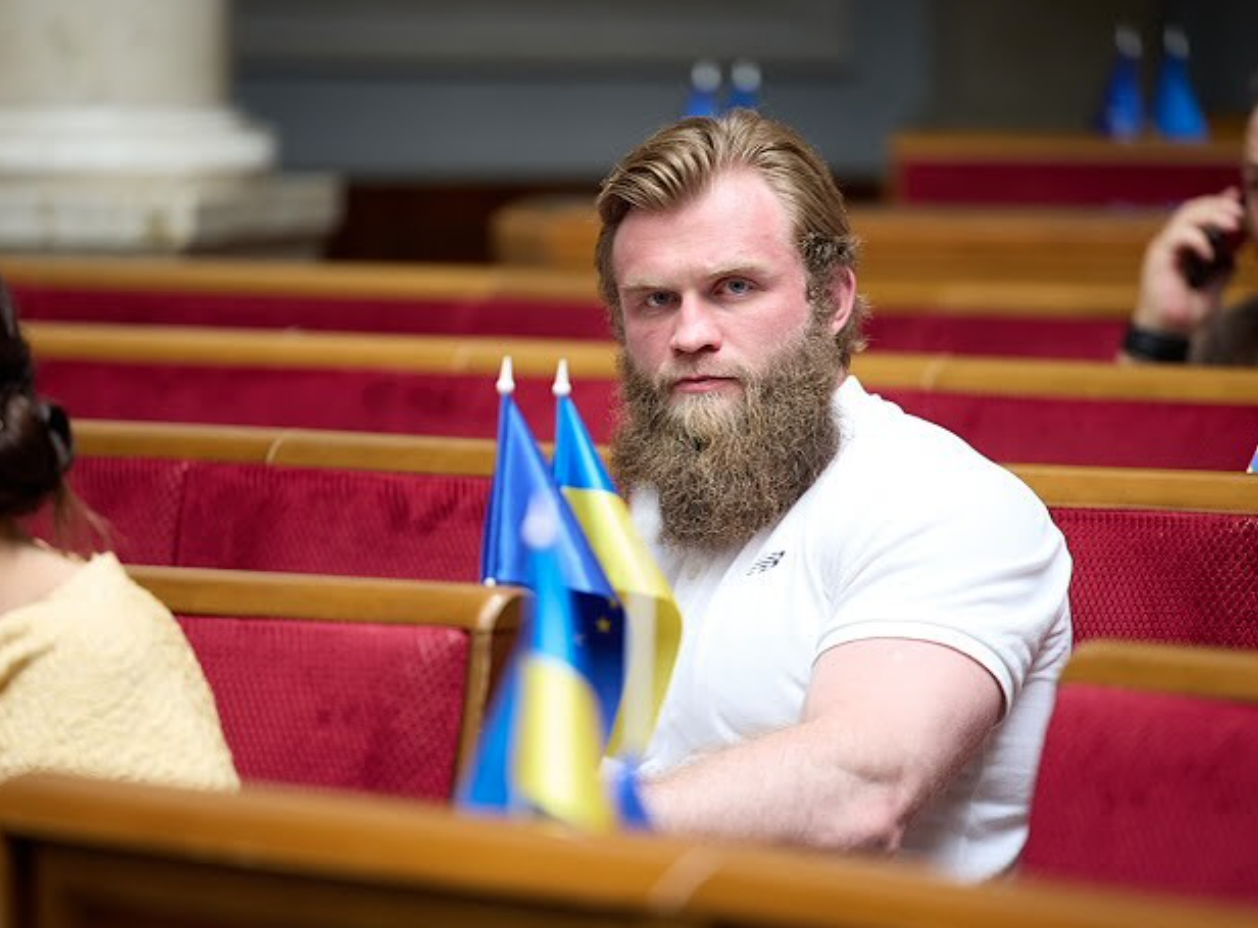
Ukraine
Photos
Orban threatens force over oil dispute; Zelensky says Ukrainian army could 'speak' to one EU funds blocker
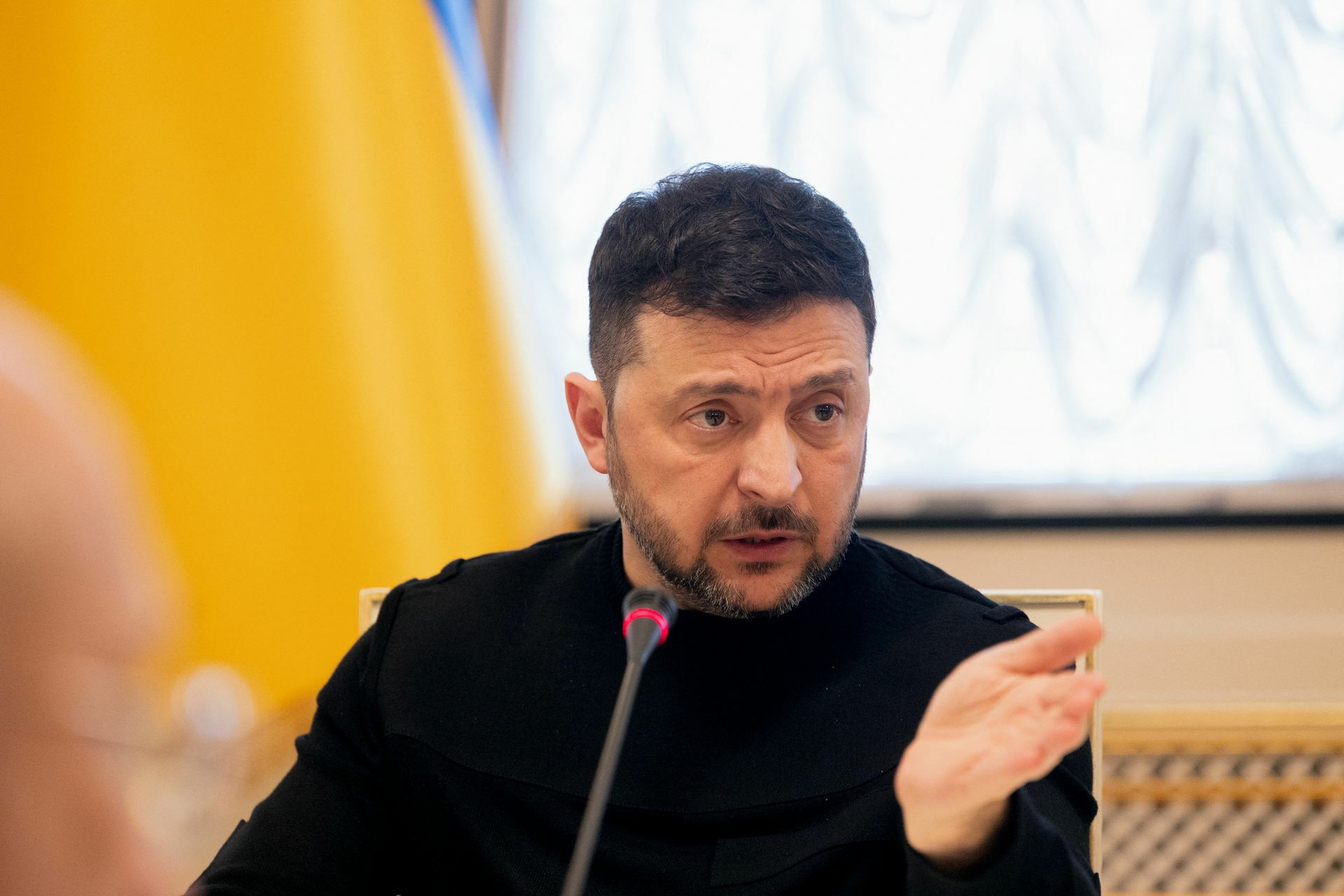
Ukraine
Russia
Photos
Strike on Russian warehouses: Ukrainian forces destroy ammunition and logistics in Donetsk region
Russia
Photos
USA
Kremlin trap! Merz pressures Trump - Russia's economic catastrophe inevitable?
Russia
Photos
French nuclear weapons revamp upsets Russia's calculus
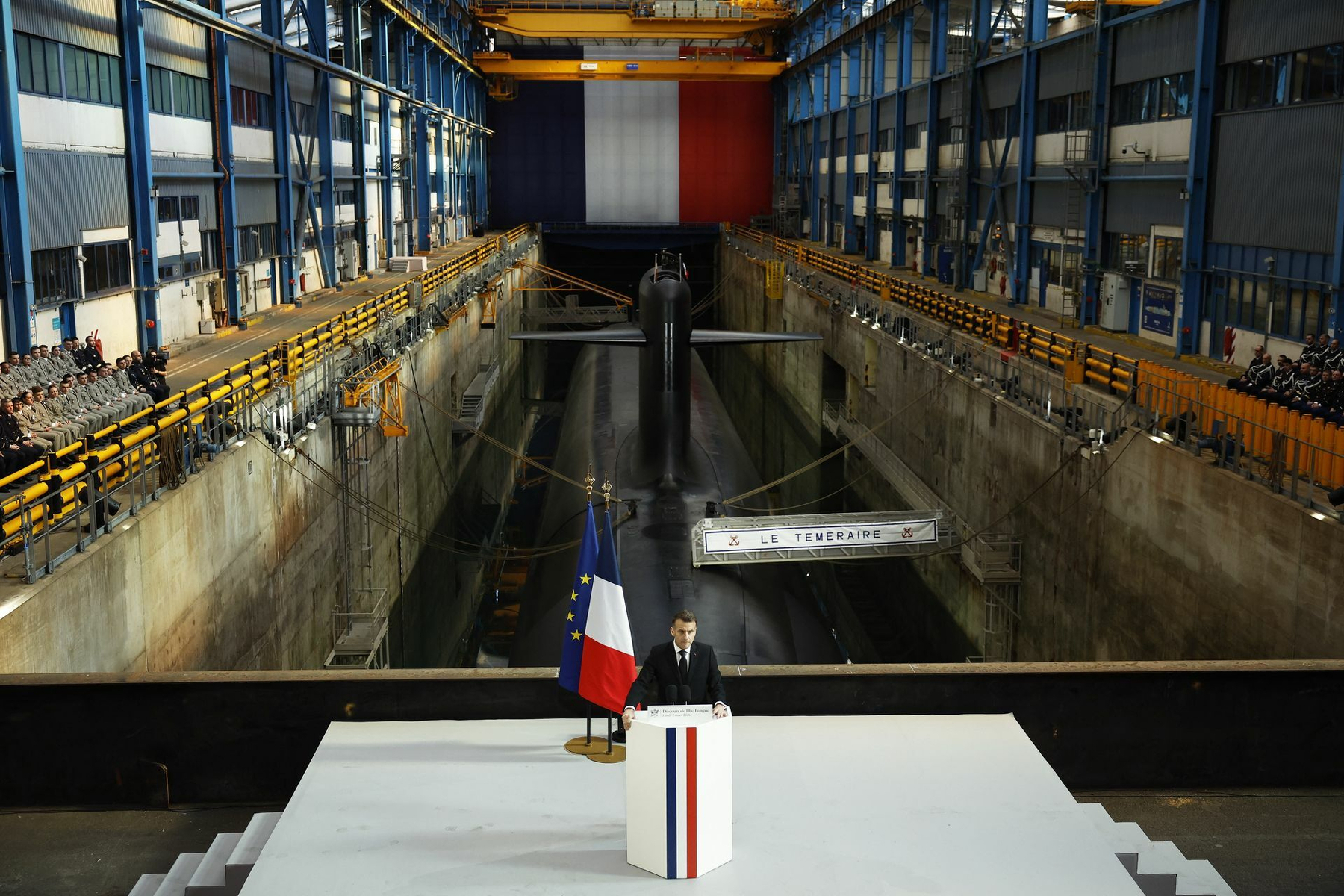
Caught between bellicose Russia and an unsteady U.S., Paris is expanding its nuclear arsenal and moving to strengthen European deterrence.
The EU's only nuclear power announced on March 2 that it would increase the number of its warheads from roughly …
Ukraine
Photos
More Patriot missiles used in Middle East in 3 days than in Ukraine since 2022, Zelensky says
